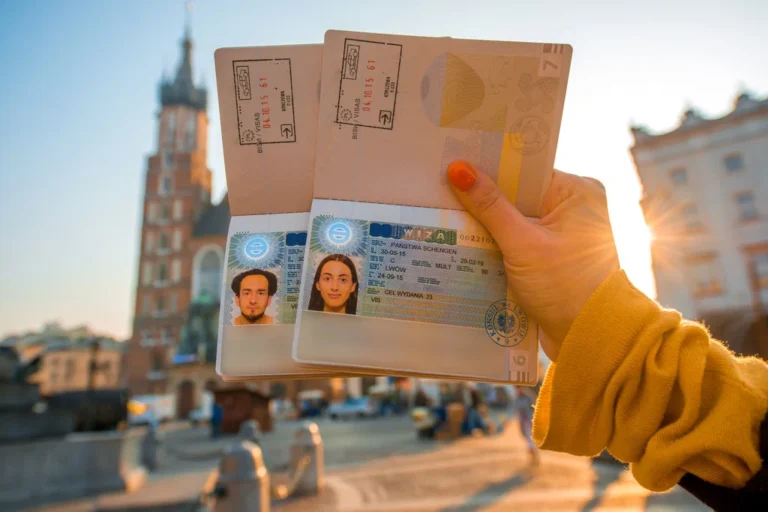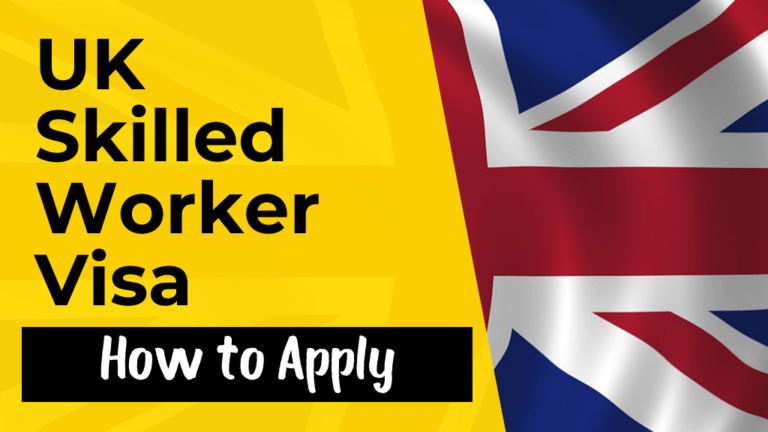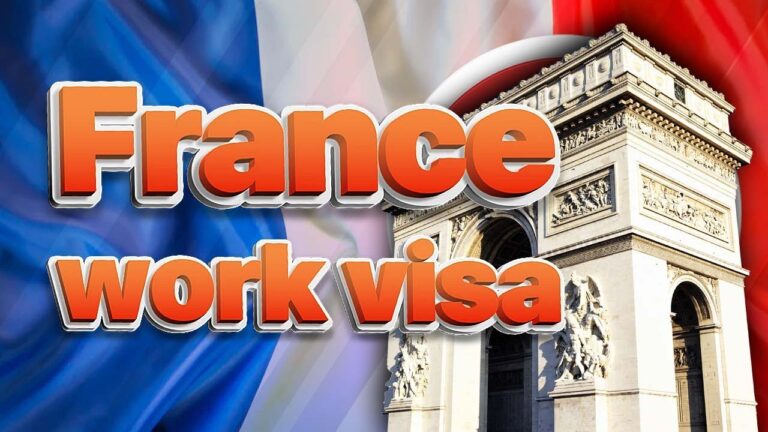Frequently Asked Questions About European Work Visa
Navigating the process of obtaining a European work visa can be complex. Whether you’re planning to move for career growth, better opportunities, or a new life experience, understanding the intricacies of work visas is essential. This guide provides detailed answers to the most commonly asked questions about European work visas, ensuring you have all the information needed to make informed decisions.
1. What Is a European Work Visa?
A European work visa is an official document or permit that allows non-European citizens to work legally in a European country. The requirements and conditions for obtaining a work visa vary depending on the country and the nature of the work. Key features include:
- Purpose: Grants permission to engage in employment.
- Duration: Short-term or long-term, depending on job type and contract.
- Renewal: Most visas can be renewed based on employment continuity.
2. Which Countries Require a Work Visa in Europe?
Non-European citizens need a work visa to work in EU and non-EU countries such as:
| Region | Countries Requiring Work Visa |
|---|---|
| EU Countries | Germany, France, Italy, Spain, Netherlands, etc. |
| Non-EU States | Switzerland, Norway, Iceland, Liechtenstein |
Citizens of EU/EEA countries can work in other member states without a visa.
3. What Are the Common Types of Work Visas in Europe?
The types of work visas available depend on the country and job type. Common categories include:
| Visa Type | Description |
| Highly Skilled Worker | For professionals in IT, healthcare, and engineering sectors. |
| Seasonal Work Visa | For short-term agricultural or tourism-related work. |
| EU Blue Card | For high-skilled non-EU workers meeting salary and education criteria. |
| Intra-Company Transfer | For employees transferring within a company to a European branch. |
4. What Are the General Eligibility Requirements?
Although each country has specific criteria, general requirements include:
- Valid Passport: At least six months validity.
- Job Offer: Proof of employment from a European employer.
- Qualifications: Relevant degrees or certifications for the job role.
- Financial Proof: Evidence of sufficient funds to support yourself initially.
- Health Insurance: Mandatory coverage during your stay.
Additional Criteria for EU Blue Card
| Criteria | Requirement |
| Salary Threshold | Above the national minimum level. |
| Academic Qualification | University degree relevant to the job. |
5. How to Apply for a European Work Visa?
Step-by-Step Guide
- Find a Job: Secure a contract with a European employer.
- Gather Documents: Prepare your passport, job offer, qualifications, and other required materials.
- Submit Application: Apply at the embassy or consulate of the destination country.
- Attend Visa Interview: Provide additional details and answer queries during the interview.
- Wait for Processing: Visa processing times range from 2 to 12 weeks.
- Receive Visa: Once approved, you can collect your visa and start your journey.
Processing Times and Costs
| Country | Processing Time (weeks) | Application Fee (€) |
| Germany | 4-10 | 75 |
| France | 3-8 | 99 |
| Italy | 2-12 | 116 |
6. Can Family Members Accompany You?
Most European countries allow family reunification for work visa holders. Family members include:
- Spouse or partner.
- Children under 18 years.
- Dependent parents (in some cases).
Requirements for Family Visas
| Document | Purpose |
| Proof of Relationship | Marriage or birth certificate. |
| Accommodation Details | Evidence of suitable housing. |
| Financial Proof | Sufficient income to support family members. |
7. What Are the Benefits of Having a Work Visa in Europe?
Holding a European work visa offers numerous advantages, including:
- Legal Employment: Secure and lawful work opportunities.
- Pathway to Residency: Many work visas lead to permanent residency.
- Access to Benefits: Healthcare, social security, and other employment benefits.
- Cultural Exchange: Experience diverse cultures and languages.
8. What Are the Common Challenges?
While a work visa opens doors, challenges include:
- Strict Requirements: High standards for qualifications and documents.
- Language Barriers: Proficiency in the local language is often needed.
- Job Market Competition: Limited openings for certain industries.
- Long Processing Times: Delays due to high application volumes.
Tips to Overcome Challenges
- Enroll in language courses before applying.
- Ensure all documents are complete and accurate.
- Seek professional guidance for complex cases.
9. What Happens If Your Visa Application Is Rejected?
Visa rejection is not uncommon and can happen due to:
- Incomplete documents.
- Failure to meet eligibility criteria.
- Discrepancies in application information.
Next Steps After Rejection
| Action | Description |
| Request for Review | Appeal the decision with additional supporting evidence. |
| Reapply | Correct errors and resubmit the application. |
| Seek Expert Advice | Consult immigration professionals for guidance. |
By addressing these frequently asked questions, this guide aims to equip you with the knowledge needed to confidently pursue your European work visa aspirations. Each section ensures you are well-prepared to tackle challenges and take the next steps in your journey.







